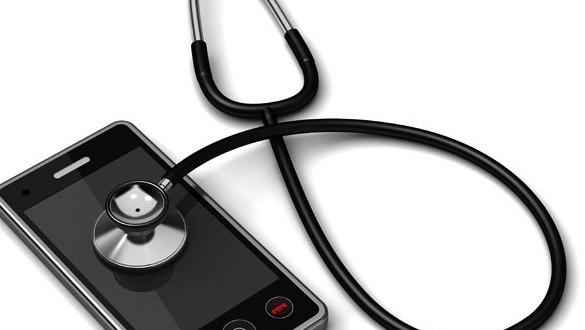The Internet has made it possible for anyone to claim to be an “expert” and offer health information to the masses. Nilay Kumar, M.D., attending physician at Cambridge Health Alliance in Cambridge, Mass. and instructor in Medicine at Harvard Medical School, along with other researchers, worked to determine how much of the hypertension information present in YouTube videos is scientifically correct and whether people are finding and viewing that correct information.
Using the search terms “hypertension” and “high blood pressure,” the researchers evaluated videos for conformation to current hypertension guidelines and graded videos on a five-point scale for quality and reliability. Of the 176 English-language videos screened, the results found that 64% were classified as useful and 33% were misleading. Of the misleading videos, two-thirds advocated unproven treatments and questionable supplements not supported by scientific evidence. However, median number of views, views per day and “likes” were lowest for useful videos. With more than 1 billion users, video-sharing websites such as YouTube could provide a powerful platform for the dissemination of accurate medical information. However, given the predominance of entertainment-focused material such as baby animal and music videos, viewers should exercise caution when pursuing medical information on YouTube.
In a related study, Kumar and colleagues examined Google search trends for the terms “hypertension” and “high blood pressure” in the United States and Australia from 2004-2013. With the results, the researchers compared the highest and lowest monthly search volumes and then used mathematical modeling to determine seasonal variations. Results found that in the U.S., the search for hypertension was highest in February and lowest in August while in the Southern Hemisphere, the search was highest in August and lowest in January. This finding aligns with multiple studies that have shown blood pressure has seasonal variations, increasing in winter and decreasing in summer. The findings of this study provide a novel perspective for hypertension surveillance and suggest that Internet search volumes could be used as an adjunct to traditional surveillance mechanisms, especially in resource limited settings.
Press Releases/Canadajournal
 Canada Journal – News of the World Articles and videos to bring you the biggest Canadian news stories from across the country every day
Canada Journal – News of the World Articles and videos to bring you the biggest Canadian news stories from across the country every day



